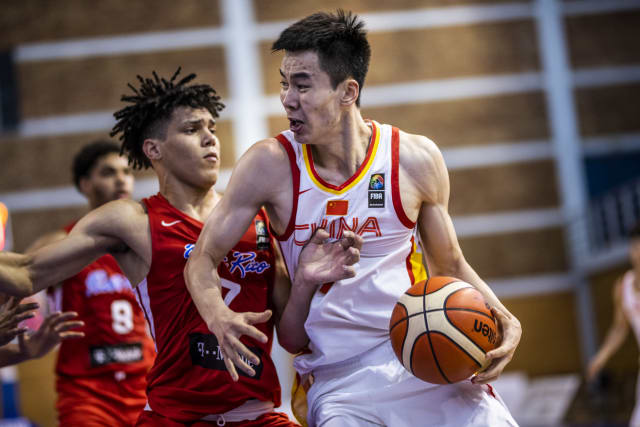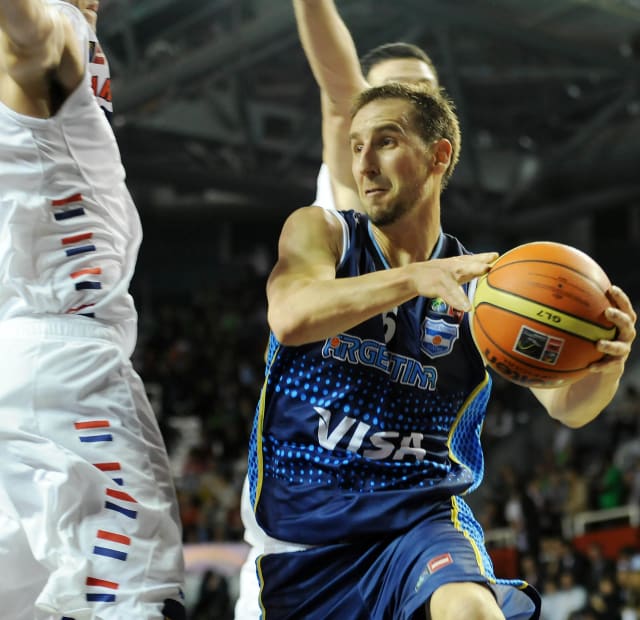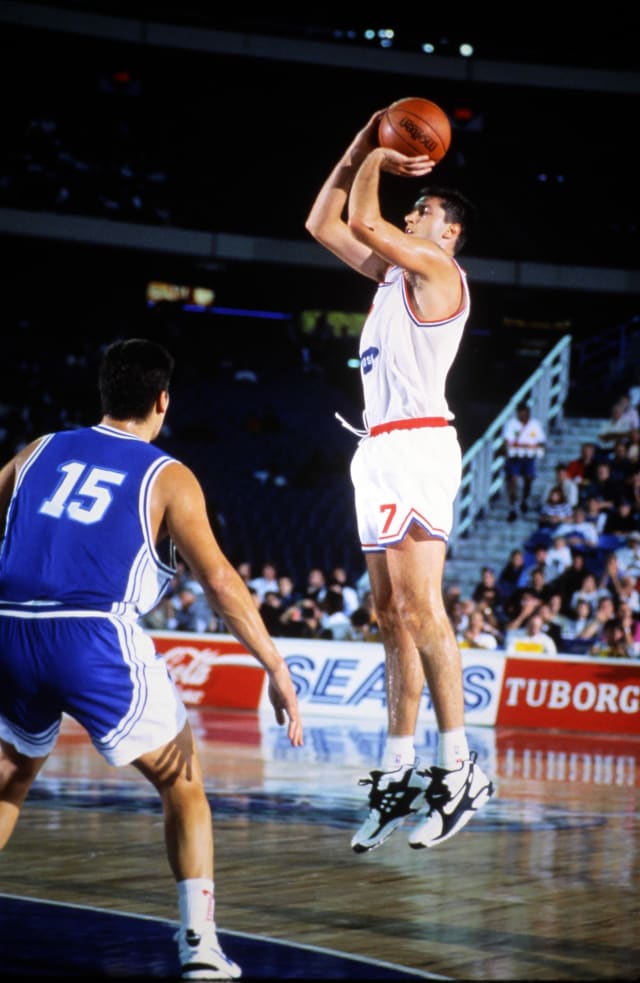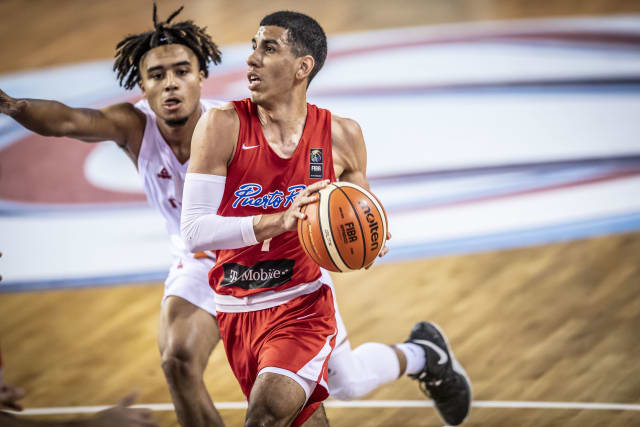Numbers game: U19 World Cup history by the numbers
Stats and numbers are a part of everyday life in basketball and tell so much of the story of the game. Just like any competition or league, the FIBA U19 Basketball World Cup also has important numbers.
MIES (Switzerland) - Stats and numbers are a part of everyday life in the basketball world and tell so much of the story of the game. Just like any competition or league, the FIBA U19 Basketball World Cup also has important numbers - like the ones listed below.
We went through the 44-year history of this event and looked for some stats and numbers that help recall the past of the U19 World Cup. Enjoy the trip down memory lane.
2/36
Two U19 World Cup Finals have gone to overtime: USA knocking off Italy 90-85 in 1991; and USA beating Croatia 79-71 in 2015. All told, there have been 36 games that went to overtime.
The other podium decider to go to an extra session was Lithuania outlasting Australia 106-100 for third place in 2013. Three games went to double overtime, and the only triple-overtime game was Canada defeating China 110-100 in Classification 5-8 in 2013.
5

There have been five triple-doubles in U19 World Cup history*. Efthimios Rentzias had one in Greece’s win over Australia in the 1995 Final (33 points, 21 rebounds, 10 blocks). Dario Saric did it against Korea in 2013 (32 points, 12 rebounds, 12 assists).
The 2019 edition saw two triple-doubles: Nikita Mikhailovskii of Russia against Greece (20 points, 13 rebounds, 12 assists) and Guo Haowen of China versus Puerto Rico (34 points, 11 rebounds, 11 assists).
And John Harper Jr replicated the feat (10 points, 13 rebounds, 13 assists) for Japan against Korea in 2021.
6:53
The minutes time left in regulation of the 2015 U19 World Cup Final between Croatia and United States when Jayson Tatum soared for a big dunk on the break but Nik Slavica came up with a massive block - perhaps the most memorable individual play in U19 World Cup history.
8
USA have collected eight U19 World Cup titles in the 15 editions. No other country has more than one crown.
9

Pepe Sanchez of Argentina holds the record for the most steals* in a game, grabbing 9 steals against Nigeria in 1995.
10
Efthimios Rentzias holds the record for most blocks* in a game as the Greek star swatted 10 shots in the 1995 Final over Australia, all the while recording a triple-double as well.
11

Toni Kukoc put on a historic shooting display in 1987 for Yugoslavia as he drained a record 11 three-pointers - on 12 attempts - against USA for the most triples in a game.
11.9
The average winning margin in the Final is 11.9 points per game. The biggest blowout in a Final was Australia’s 34-point win over Lithuania (126-92) in 2003 while USA pulled out a 2-point victory (83-81) over France in 2021. Australia’s 126 points is also a record for most scored in a Final.
13

That is the record for the most assists* in a single game - done by two players: Andre Curbelo of Puerto Rico against China in 2019; and John Harper Jr. from Japan versus Korea in 2021.
14
Two players have grabbed 14 offensive rebounds* in a single game - Brendan Clowry of Australia against Japan in 1999 (15 total rebounds); and Emanuel Neto of Angtola versus Iran in 2003 (18 total rebounds).
25

Andrew Bogut twice grabbed a U19 World Cup single-game record 25 rebounds* in 2003 - against Korea and then versus Croatia in the Semi-Finals.
33.2
Horacio Lopez of Uruguay averaged 33.2 points per game in 1979, the highest average in tournament history.
54
Michael Rosario drained 9 three-pointers in scoring 54 points for Puerto Rico against France in 2009, the most points in a single game.
150
The first day of the first tournament in 1979 saw the record for the most points scored in a game as Argentina beat Egypt 150-44.
2009
FIBA changed the cycle of the FIBA U19 Basketball World Cup for the 2009 edition when it started the FIBA U17 Basketball World Cup, going from every four years to every two years.
*FIBA’s records from the first four events (1979, 1983, 1987 and 1991) only included points while blocks were only added in 2003.
FIBA